Dozens of Palestinians on Friday demonstrated in the West Bank city of Bethlehem against U.S. President Joe Biden's visit over the long-time unfair U.S. diplomacy in dealing with the Palestinian-Israeli issue.
"We all know that Biden came here to politically, economically, and militarily support Israel, not to help the Palestinian people," Antoine Issa, a 39-year-old man told Xinhua, adding "for decades, U.S. diplomacy has turned its back on the Palestinians, whereas Israel has received much of American support."
"I have heard repeatedly from U.S. presidents, from Bill Clinton to Biden, that they support a two-state solution that would end the conflict, but the reality is completely different," he said.
On Friday, Biden said at a joint news conference following a meeting with his Palestinian counterpart Mahmoud Abbas that "the U.S. commitment to the goal of a two-state solution has not changed," but added that "the goal of the two-state solution may seem unattainable."
In a bid to express their dissatisfaction against the unfair U.S. diplomacy toward Palestinians, Issa was among dozens of protesters who raised black banners and waved Palestinian flags against Biden's visit.
Not far from Issa, the 45-year-old Samah Ahmed told Xinhua that "Biden does not believe in peace between the Palestinians and the Israelis."
She said Biden was pushing for Israel's normalization of relations with more countries in the Middle East and protecting it by various means.
Both Issa and Samah believe that the Palestinian people have not and will not make progress on the Palestinian issue as long as the U.S. administration is the only mediator on the Palestinian-Israeli issue.
In the city of Ramallah, Mohammed Aram, a local citizen, told Xinhua that he does not care about the results of Biden's visit, saying "I know in advance that we will not gain anything from the U.S. diplomacy."
The 55-year-old man believes that the importance of the Palestinian issue has declined at the international level as some Arab countries have normalized ties with Israel under U.S. mediation.
What made the matter worse, he explains, is the internal Palestinian division between Fatah and Hamas, which forcibly controlled the Gaza Strip in 2007 after rounds of fighting with forces loyal to the Palestinian Authority.
In addition, Israel imposed a tight siege on Gaza and launched four large-scale military campaigns against the Gazans, leaving thousands of casualties and extensive destruction of civilian buildings and infrastructure.
Ibrahim Sarsour, a Gaza-based resident, told Xinhua that "Israel attacked us with the advanced American-made weapons," saying "the United States is the head of the snake."
The Palestinians want to establish an independent state alongside Israel on all the territories occupied by Israel in 1967, including the entire West Bank and the Gaza Strip, with East Jerusalem as its capital.
However, the last direct peace talks between Israelis and Palestinians, sponsored by the United States, broke down in 2014 over their deep differences on the issues of borders, security, and settlement.








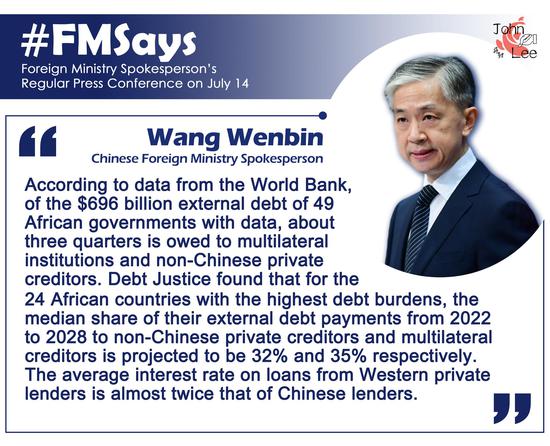


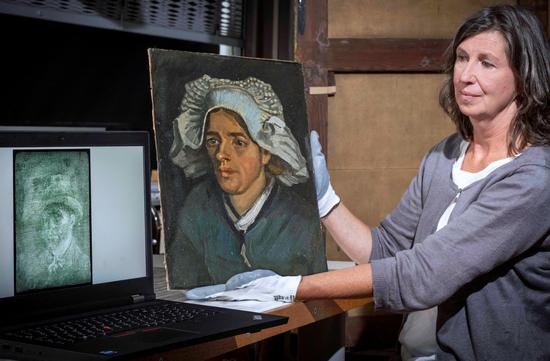



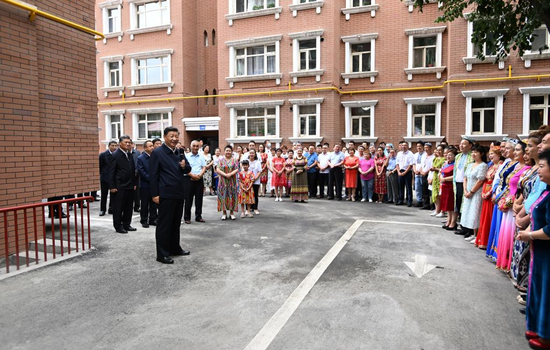


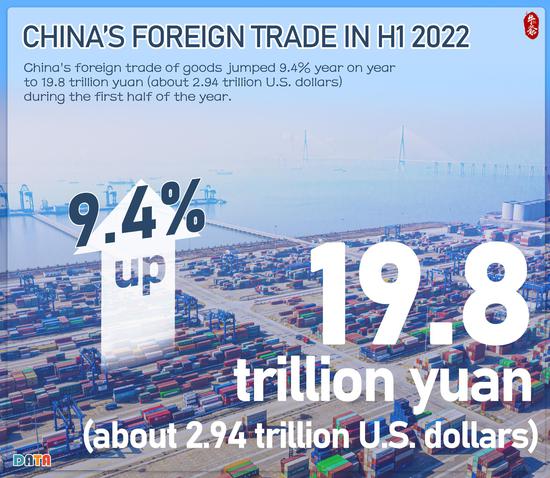
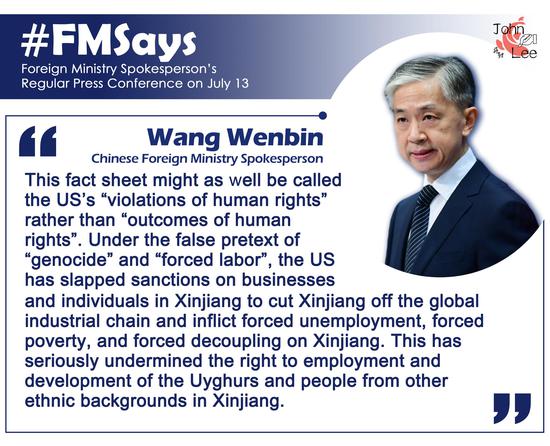

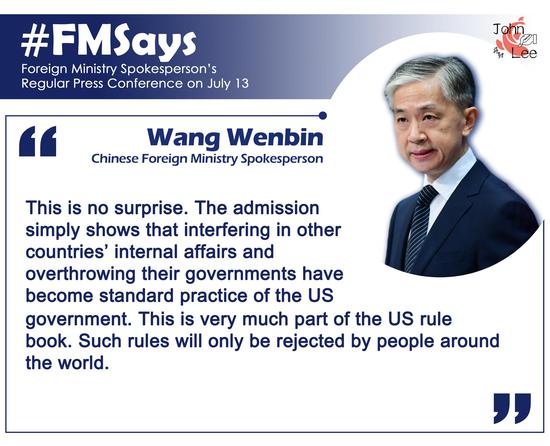




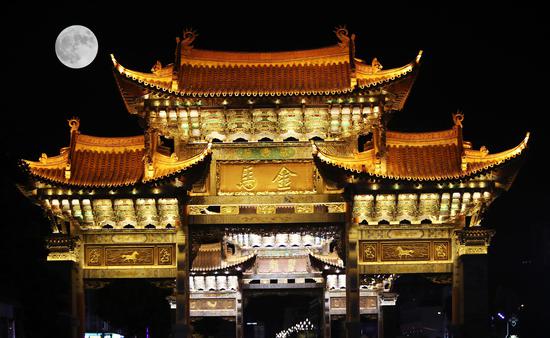
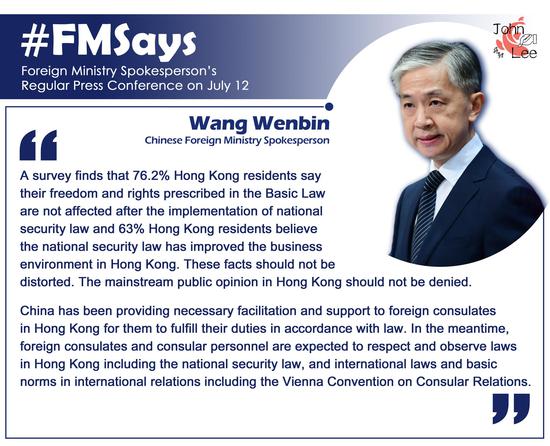
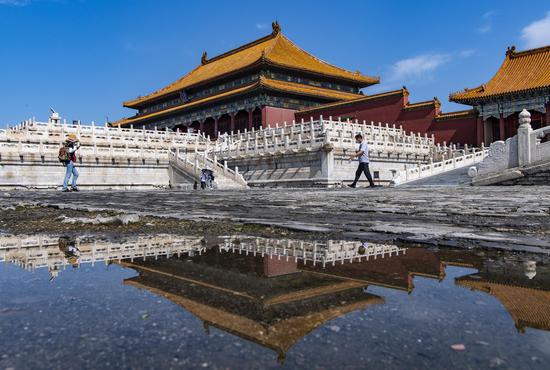
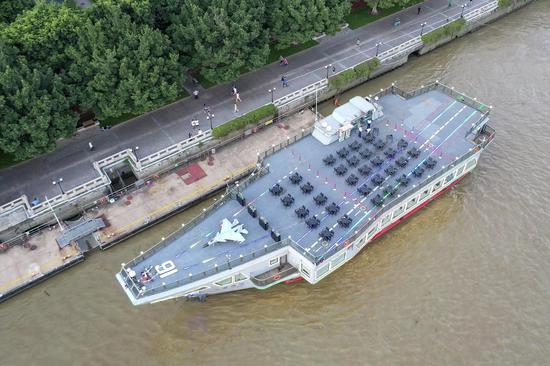
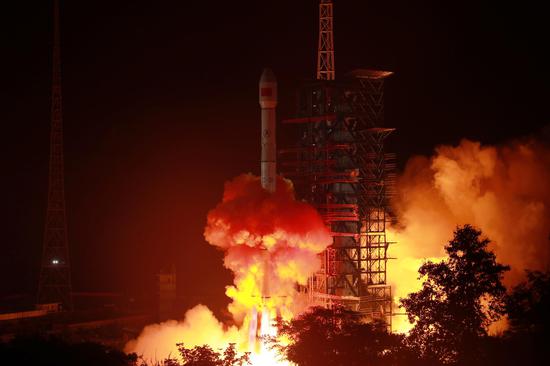
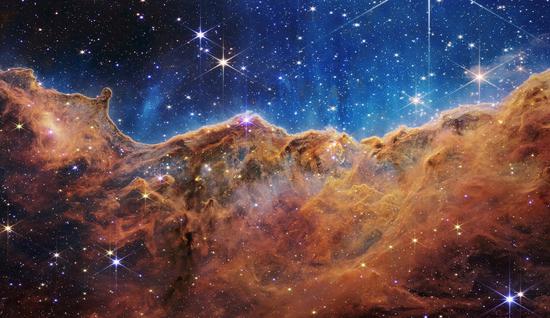


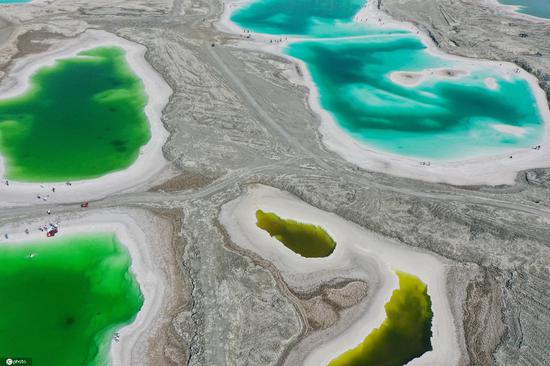




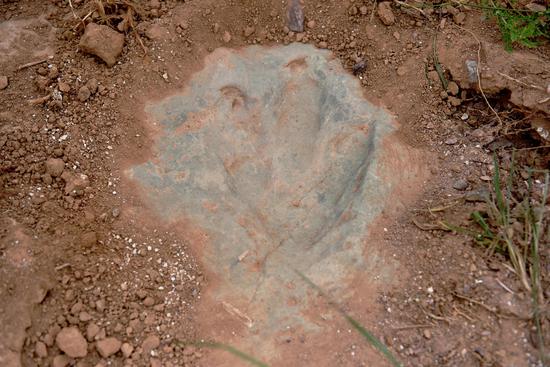
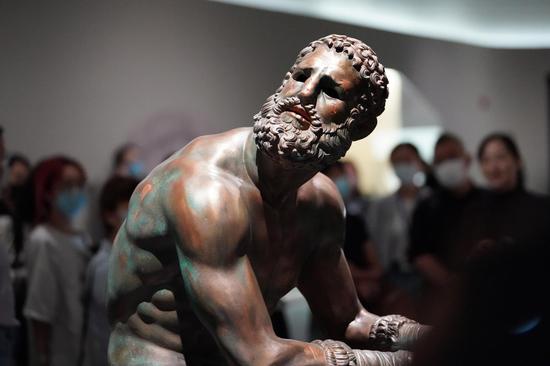









 京公网安备 11010202009201号
京公网安备 11010202009201号